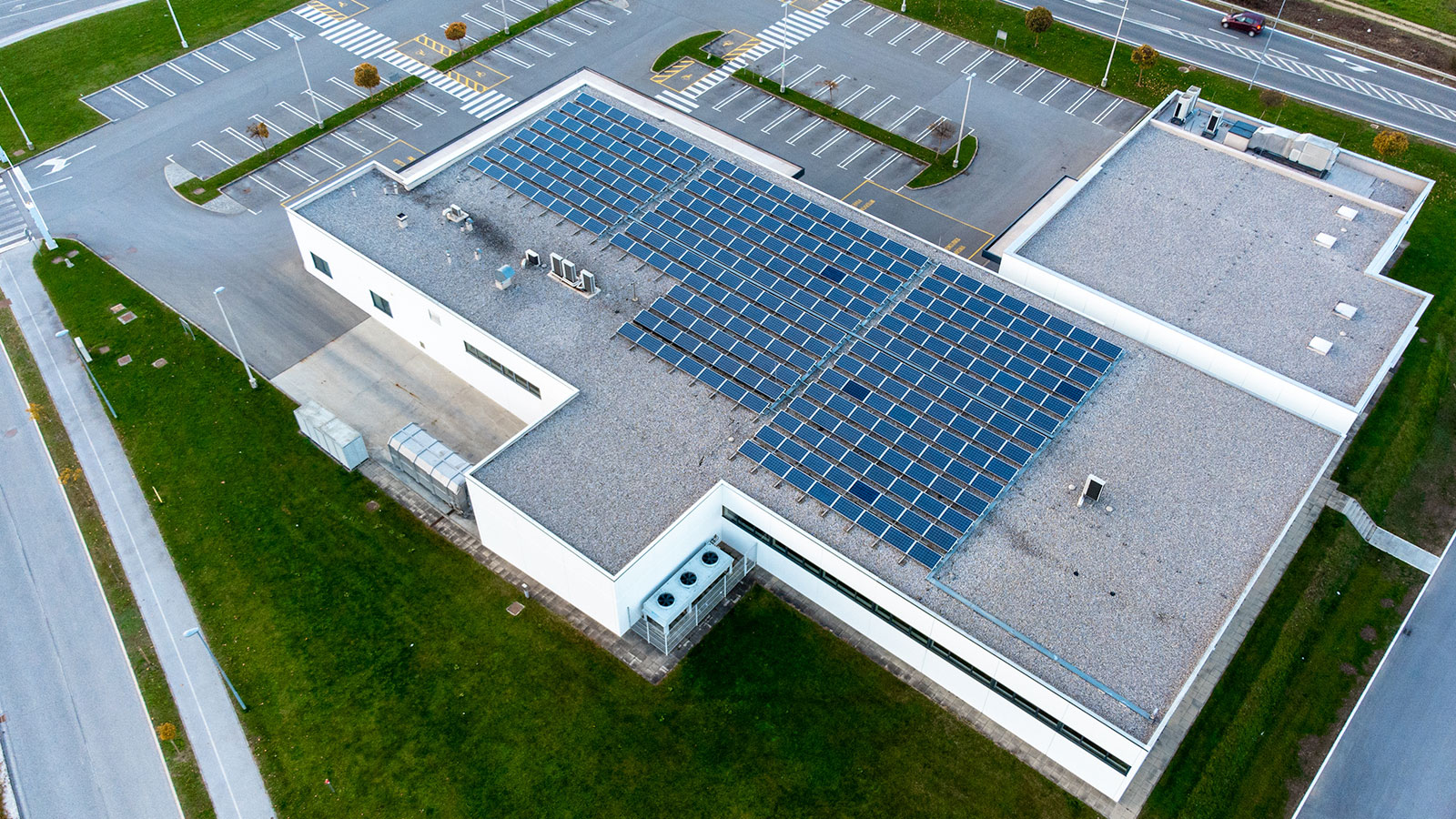Optimism among companies in the electrical contracting sector has reached its lowest level for three years, according to new research from the Electrical Contractors’ Association (ECA).
According to the ECA’s Quarterly Business Trends Survey, 44% of ECA members are predicting a drop in turnover over the next year. This figure is the highest since Q2 2009, when 54% of members expected income to fall, and up 7% on 2011, when 37% of members expected turnover to decrease. However, while the majority of members are pessimistic about the future, a significant minority (24%) predict an increase in revenue over the next 12 months – the highest for a year.
Across the electrical contracting sector as a whole, turnover performance was low for Q2 2012 with 51% of companies reporting a decrease in the last quarter. This was up 13%, from 38%, on the previous quarter.
Businesses with a turnover of up to £200,000 per annum were some of the worst hit, with 57% reporting a decrease in revenue for Q2 2012. These companies do not expect an improvement for the next year, with 48 per cent anticipating a drop in turnover; reflecting the general mood of the survey.
The survey highlighted that firms with a turnover of £1m-£5m also suffered, with 41% of this sector seeing a decrease in revenue for Q2 2012. 47% predict a reduction in turnover over the next year, mirroring the pessimism of businesses with a turnover of up to £200,000.
Steve Bratt, CEO of the ECA, said: “Life is tough for the electrical contracting sector at the moment, in common with the rest of the construction industry. Although the figures from the British Chamber of Commerce, released at the start of October, predict economic growth for the next quarter1, the Markit/CIPS survey2, also published at the start of October, showed a continued decline for construction.”
Bratt continued: “Companies across the construction sector are fighting for a smaller pool of work. However, the introduction of the Green Deal and the Renewable Heat Incentive in early 2013 should provide more opportunities. Our members have a front line role to play in advising on, and installing, the renewable technology covered by both of these initiatives and should, therefore, benefit from the emerging market they will create.”
Bratt concluded: “Stringent carbon reduction targets and energy efficiency initiatives have clearly fuelled an appetite to get involved in the energy efficiency market as evidenced by calls to our advice line and questions posed on our ‘Energy Solutions’ e-forum. We will continue to help our members to diversify and make the most of these opportunities.”





